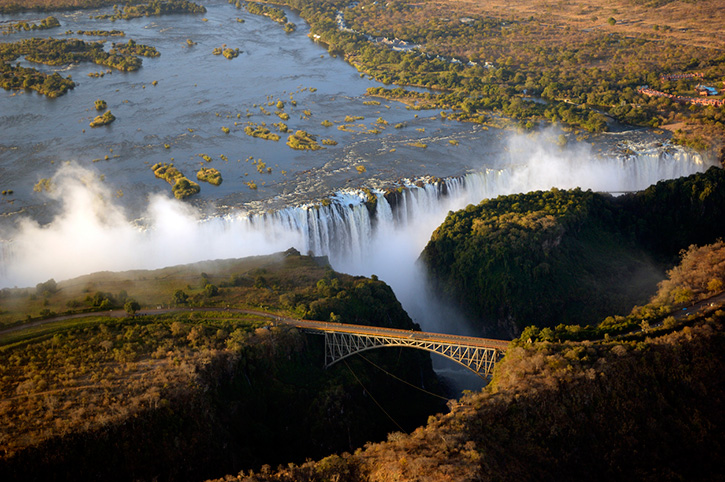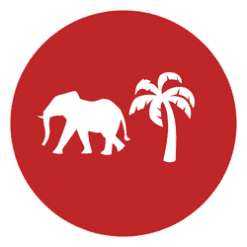Safaris In South Luangwa
South Luangwa is the most famous of Zambia’s National Parks. Situated in the north-eastern part of Zambia, the park is spread across more than 9,000 square kilometres, and hugs the banks of the winding Luangwa River, which ultimately flows into the mighty Zambezi River.
Why should you visit South Luangwa National Park?
South Luangwa is blessed with unspoiled wildlife habitats, varying from undulating hills to flat river floodplains. It contains dense woodlands and wide open grasslands that change dramatically with the seasons.
The Luangwa River floods naturally during the wet season, resulting in nutrient rich floodplains and water-filled lagoons, that encourages vegetation growth and subsequently more than 60 mammals and 400 bird species.
When is the best time to visit South Luangwa?
Wildlife viewing in South Luangwa is best during the dry season, between May and October. During this time the river waters retreat deep into the river bed, and the animals are more active in the search for water. This makes wildlife viewing easier. The weather during this period is also more pleasant with less humid conditions and cooler temperatures.
For those particularly interested in walking safaris, the late dry season months of September and October are ideal, as the bush is less dense and wildlife sightings are more frequent. The dry season also offers excellent opportunities for birdwatching, with many species visible around the park’s rivers and lagoons.
What animals are in South Luangwa National Park?
South Luangwa is renowned for its rich diversity of wildlife. In particular it is well-known for its leopard numbers, giving rise to its nickname “The Valley of Leopards”. It has been estimated that there are around three leopards for every square kilometre of South Luangwa National Park.
Lions are regularly observed within the park. With large numbers of prey available, there are more than 20 prides of lions that patrol their territories. Around the grasslands they can be seen hunting zebra, wildebeest, and antelope such as impala, bushbuck and puku.
Large herds of elephants can be spotted in the park. They are frequently observed crossing the Luangwa River at shallow crossing points led by the matriarch The river is also home to large numbers of hippo and crocodile..
What is a walking safari?
As it sounds, a walking safari is where you leave the 4×4 safari vehicles behind, and head out in to the bush on foot. South Luangwa is known as the birth place of the walking safari, as it was here that Norman Carr, pioneered the activity.
It is most common to do a walking safari as a small group with at least one expert guide. Quite often they can be joined by another guide or a Park Ranger, if you are venturing out within a National Park. Walking in single file, and following the instructions of your guide, enables you to get out into the bush and gain a different perspective on nature.
Walking safaris were introduced to South Luangwa National Park in the early 1960s by conservationist Norman Carr, who pioneered the concept of exploring the African bush on foot to provide a more immersive and educational wildlife experience.
What can you see on a walking safari?
It is common to sport the larger animals of the Africa bush whilst on a walking safari, such as elephants, giraffe and antelope. However, you will always be directed by your guides to keep a safe distance. It is rare that you will be in close proximity of big cats, as your guides will navigate around them, but you may seem them from a distance.
Beyond the larger animals, a walking safari allows you to appreciate the smaller, often overlooked aspects of the bush. You’ll learn to spot invertebrates, identify animal tracks, and understand the uses and significance of various plants and trees in local communities. Birdwatchers will also be able to view the local birdlife without the disturbance of a vehicle.
Plan Your Adventure
Our Africa Destination Experts have travelled all over Africa and can help plan and create an unforgettable holiday with our range of immersive wildlife safaris and incredible choice of relaxing beach resorts, activities and experiences.
Plan your holiday



























